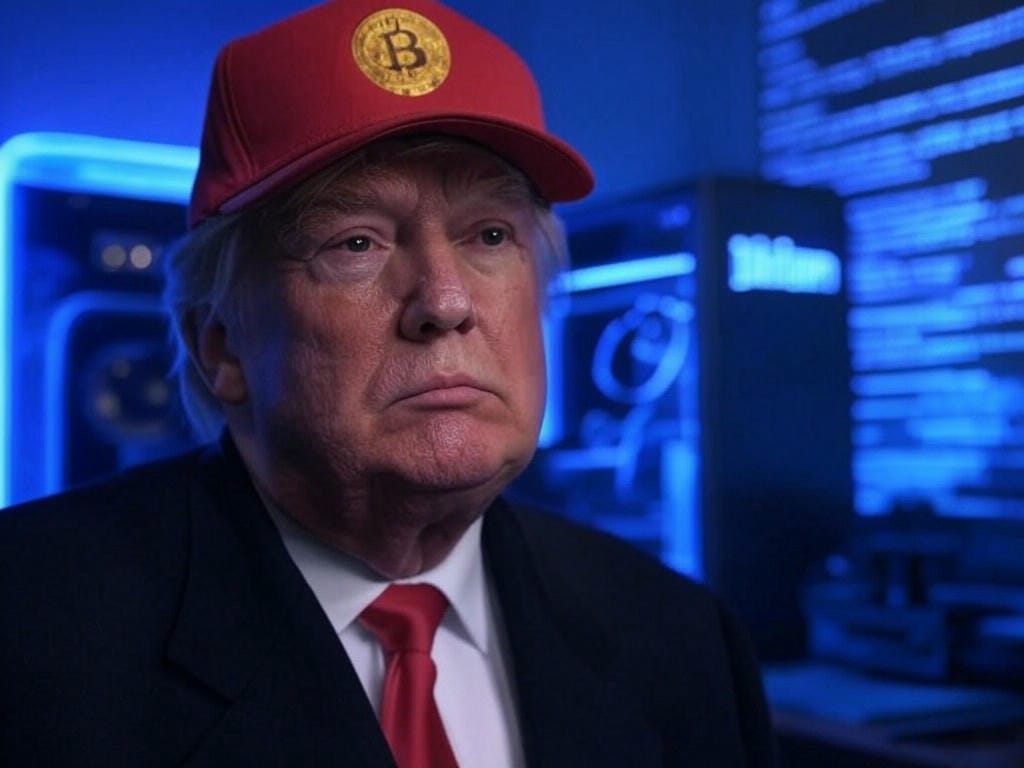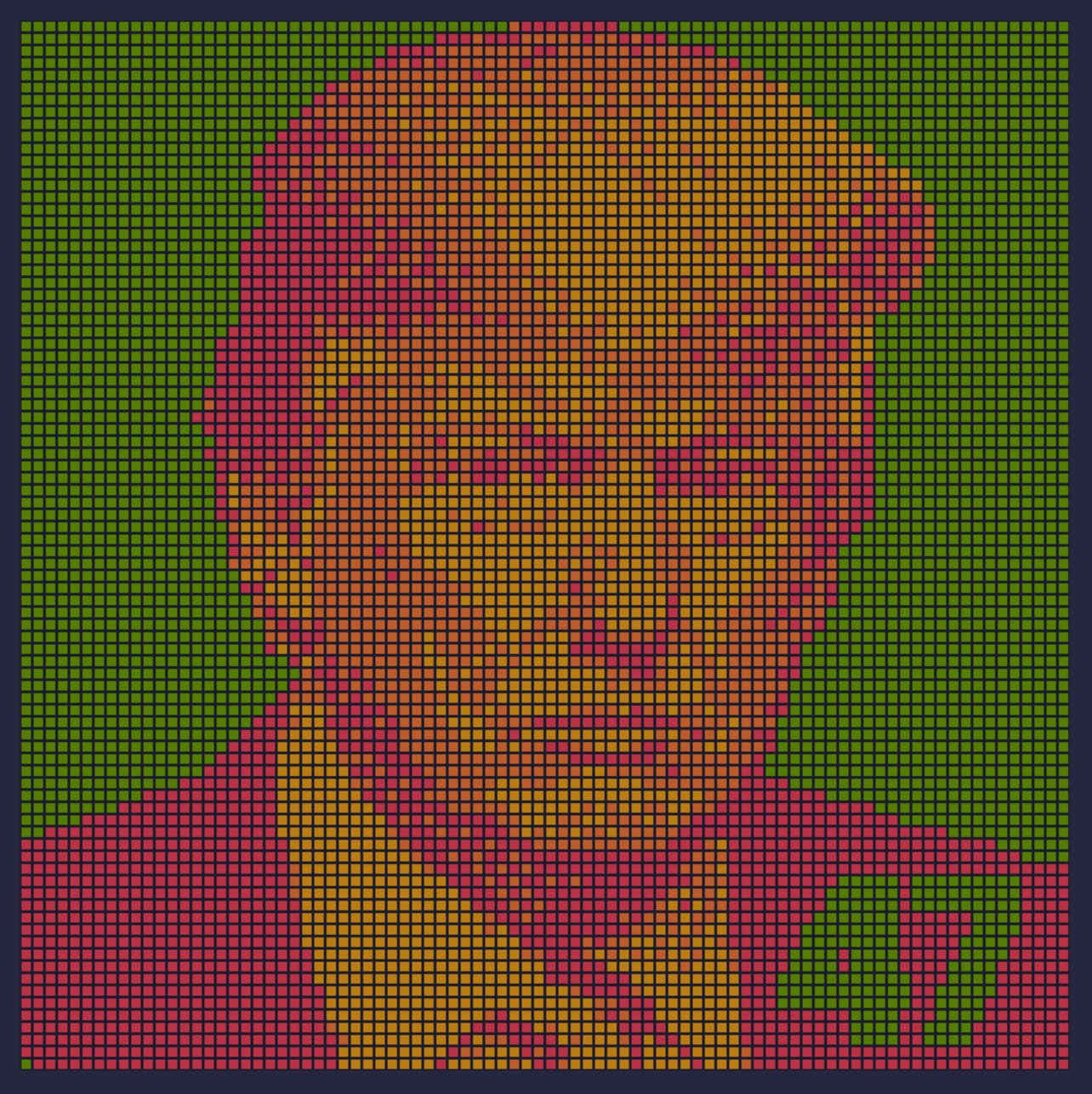Marathon Digital Inscribes Donald Trump Image on Bitcoin Blockchain

Marathon Digital has taken an interesting step by inscribing a portrait of Donald Trump onto the Bitcoin blockchain, an act that symbolizes not only the intertwining of politics with crypto but also positions Trump as the first U.S. president explicitly supportive of Bitcoin. Marathon Digital announced this unique initiative on social media, describing the "Trump 47" block as an homage crafted using AI technology to celebrate Trump's upcoming inauguration.
The Bitcoin blockchain, known for its immutability and permanence, now hosts Trump's image in block 825,642, which was completed around 14:32 UTC. This block doesn't just feature the future president's portrait; it also embeds significant historical documents like the U.S. Constitution and the Bill of Rights into the Bitcoin network, enhancing the symbolic weight of this action. The transaction to inscribe this block cost 1.244 BTC, valued at approximately $127,000 at the time of the operation, showcasing the significant investment in this gesture.

A Fusion of Technology and Heritage
Marathon Digital's use of its MARA Pool mining power to create these inscriptions underscores a vision where blockchain technology does not just serve as a financial tool but also as a custodian of cultural and historical significance. Fred Thiel, CEO of Marathon Digital, expressed enthusiasm about this project, stating it was an effort to honor President Trump and contribute to what he envisions as America becoming the "Crypto capital of the world." This move is seen as both a tribute to Trump's pro-Bitcoin stance and a broader statement on the potential of blockchain technology to preserve and celebrate American heritage in a digital format.
Trump's evolving relationship with cryptocurrency has been a focal point for those in the crypto community. Previously skeptical, his recent endorsement of Bitcoin and discussions about establishing a Strategic Bitcoin National Reserve indicate a significant policy shift. His administration's potential to foster more favorable regulations could be a game-changer for the crypto industry, which has long grappled with regulatory ambiguity in the U.S.

